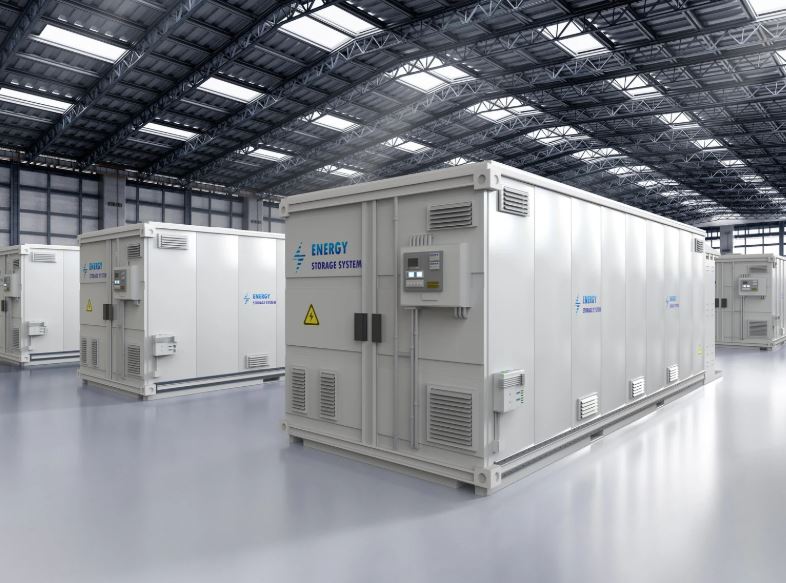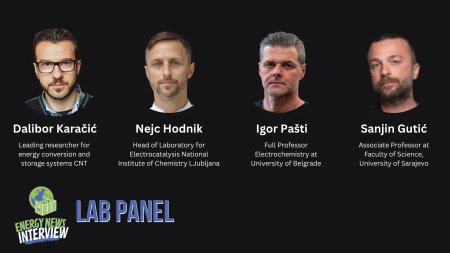The energy landscape is undergoing a significant transformation, driven by rising concerns over fossil fuel dependency and environmental impacts.
Statistically, fossil fuels account for 82% of global primary energy consumption, posing challenges like the 37 billion tons of CO2 emitted annually, as reported by the Energy Institute’s Statistical Review of World Energy 2023. The pressing need for sustainable alternatives is steering attention toward novel energy storage technologies—specifically, biomass-derived activated carbon (BDAC).
BDAC stands out as a compelling solution due to its renewability and availability. Unlike conventional carbon materials, BDAC is derived from abundant biomass such as agricultural and plant wastes, offering a sustainable alternative with minimal environmental footprint. When integrated into supercapacitors, BDAC exhibits enhanced electrochemical performance—demonstrating high capacitance, energy density, and cycle stability. This aligns with the growing renewable energy generation, projected to increase by nearly 50% to around 510 gigawatts, according to the International Energy Agency (IEA) 2023 report.
The core challenge lies in balancing the benefits of traditional energy storage systems like batteries with their drawbacks: environmental impacts, high costs, and suboptimal cycle stability. While batteries remain integral to the energy storage sector, with their application spanning electric vehicles and consumer electronics, their limitations foster demand for alternatives like supercapacitors. Supercapacitors, especially electric double-layer capacitors (EDLCs), leverage the rapid electrostatic separation of charges, offering a promising balance of power delivery and energy storage superior to batteries.
BDAC’s activation processes—both physical and chemical—play a crucial role in increasing surface area and optimizing pore size distribution, significantly affecting performance metrics like electrical conductivity. By utilizing BDAC, supercapacitors potentially become more efficient, supporting a quicker charge-discharge cycle while sustaining a long lifecycle. The research underscores BDAC’s capability to replace traditional carbon materials, which often involve complex production processes.
The growing interest in supercapacitors provides context for evaluating the strategic use of BDAC. Supercapacitors cater to diverse applications, including grid stabilization and renewable energy storage, due to their rapid energy delivery and resilience over extensive cycles. This makes them suitable for advancements in wearable technology, electric vehicles, and power stabilization amid fluctuating renewable outputs.
As industry standards pivot towards sustainability and cost-efficiency, BDAC positions itself as a key player in the clean energy transition. Its viability is further evidenced by market movements favoring materials that support environmental objectives. Technical benchmarks reveal that, through optimized activation processes, BDAC attains critical metrics such as higher energy density and enhanced cycle stability.
Future trajectories in BDAC utilization may hinge on further refinement of activation techniques and integration strategies that align with industry demands for adaptability and performance. Researchers and industry leaders recognize that the shift to sustainable materials like BDAC could redefine the trajectory of energy storage solutions. This represents not just an upgrade in energy technology but also a profound step toward mitigating the environmental impacts of traditional systems.
Stay updated on the latest in energy! Follow us on LinkedIn, Facebook, and X for real-time news and insights. Don’t miss out on exclusive interviews and webinars—subscribe to our YouTube channel today! Join our community and be part of the conversation shaping the future of energy.








